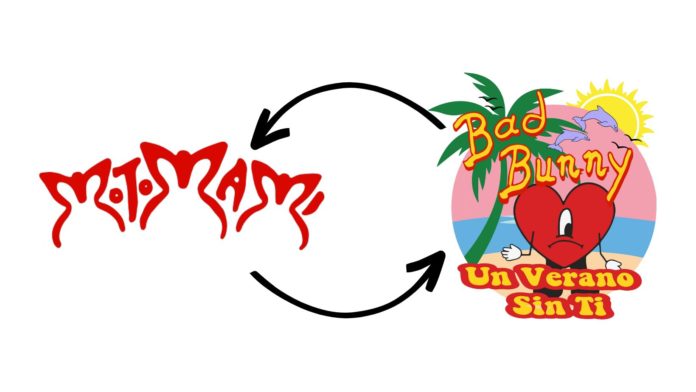

Many people took to social media to share their opinions when La Rosalia’s Motomami won Album of the Year at the Latin Grammys over Bad Bunny’s Un Verano Sin Ti.
I noticed two main criticisms of this decision. The first criticism is strictly about the technicalities of the music contained in the albums and the second is about La Rosalia’s nationality.
For me, Un Verano Sin Ti made more sense as the winner for best album, but that does not mean Motomami was a bad album. In fact, I believe it crossed a line when it came to creative freedom, breaking the framework of what reggaeton is capable of doing.
On the one hand, Motomami is an avant-garde piece that experiments with jazz and 8-beat sounds, mixing them with neo-reggaeton. The result is a danceable blend that stands out.
In an interview with People Magazine, La Rosalia herself said the album was a humorous self-portrait.
Ariana Pineda, a second-year student at St. Thomas University from Honduras, said she thought the album had many “flops,” such as ”Chicken Teriyaki.” She generally likes La Rosalia, but she said Un Verano Sin Ti was more deserving of the award.
“There isn’t a single skip in Un Verano Sin Ti,” she said. “It’s definitely giving summer, which is what Bad Bunny was going for.”
Un Verano Sin Ti is also a breakthrough for Bad Bunny, as he comes out of his trap music and experiments with more sensible lyrics and different music genres like merengue, EDM, reggae and pop.
Now moving on to the second criticism about La Rosalia’s nationality.
The Latin Grammys are open to all artists who sing in Spanish or Portuguese regardless of nationality. La Rosalia is not the first Spanish artist to win at the Latin Grammys, with the most notable example being Alejandro Sanz.
Other artists such as Billie Eilish and most recently The Weekend have also been nominated for the Latin Grammy Awards after they collaborated with La Rosalia, even though they are non Latinx Anglophone artists.
Yet some people raised concerns about the presence of Ibero-Europeans and even Anglophones at the competition since it erases Latinx artists.
On their website, the Latin Grammys says it is an event “celebrating, honouring, and elevating Latin music and its creators.” But what does Latin entail?
Martin Kutnowski, a fine arts professor at STU and an Argentinian musician, said the topic of identity belongs more in the realm of sociology or anthropology, but noted it is common to see artists from one country being celebrated in another.
“For example, Abba is Swedish and does pop, but their pop music is in English … so they were popular here,” he said.
Kutnowski also noted how competitions of this style might not always seem fair, but that does not disqualify the artists who were nominated.
“I think that for everybody who gets nominated for awards, everybody gets recognized as something. That’s good enough.”
